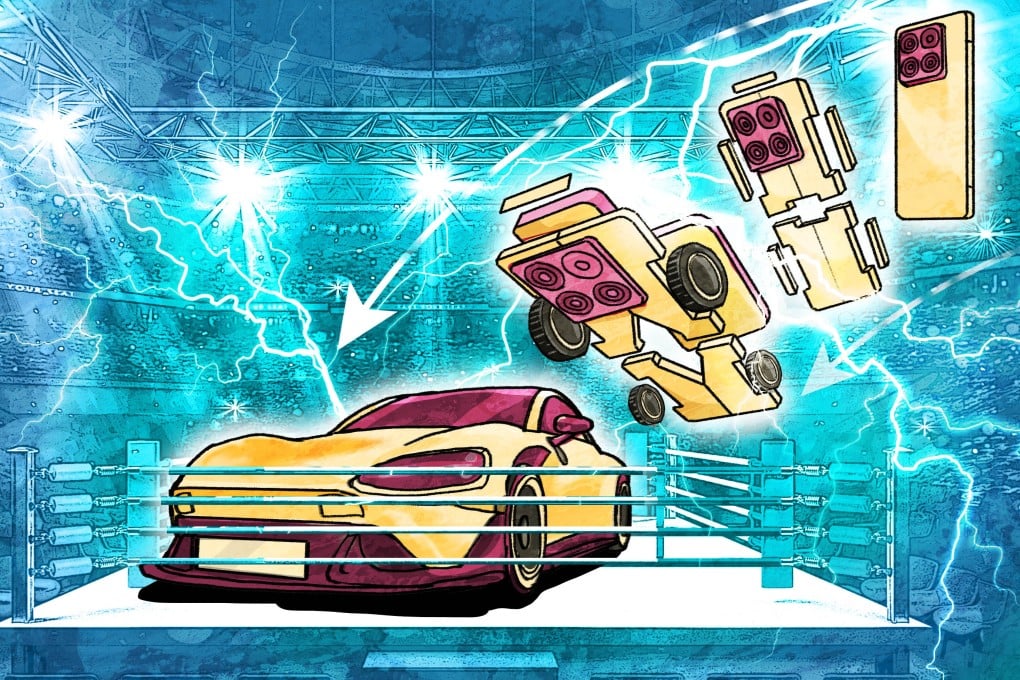How Chinese smartphone makers Xiaomi, Huawei transformed into EV contenders
Thanks to an advanced supply chain, companies with no history making cars are challenging for supremacy in China’s EV market

Weng’s attitude speaks not only to the popularity of the SU7 but also to a shift in the competitive dynamics of mainland China’s cutthroat EV industry. With a robust supply chain churning out advanced components, even companies with no automotive legacy can, with sufficient resources, make and deliver advanced vehicles. Therefore, success relies more than before on marketing – the power that made Weng so certain that in addition to being a good form of transport, the SU7 would be a vehicle to enhance his identity.
Eventually, Weng accepted that nothing could be done to get his car earlier, and decided the wait would be worth it.
“We vote for Xiaomi because it is already a well-known consumer tech brand and has a strong cash reserve to ensure it will survive the highly competitive market,” said Nick Lai, an analyst with JPMorgan. “These advantages are rare assets for electric car makers in China.”